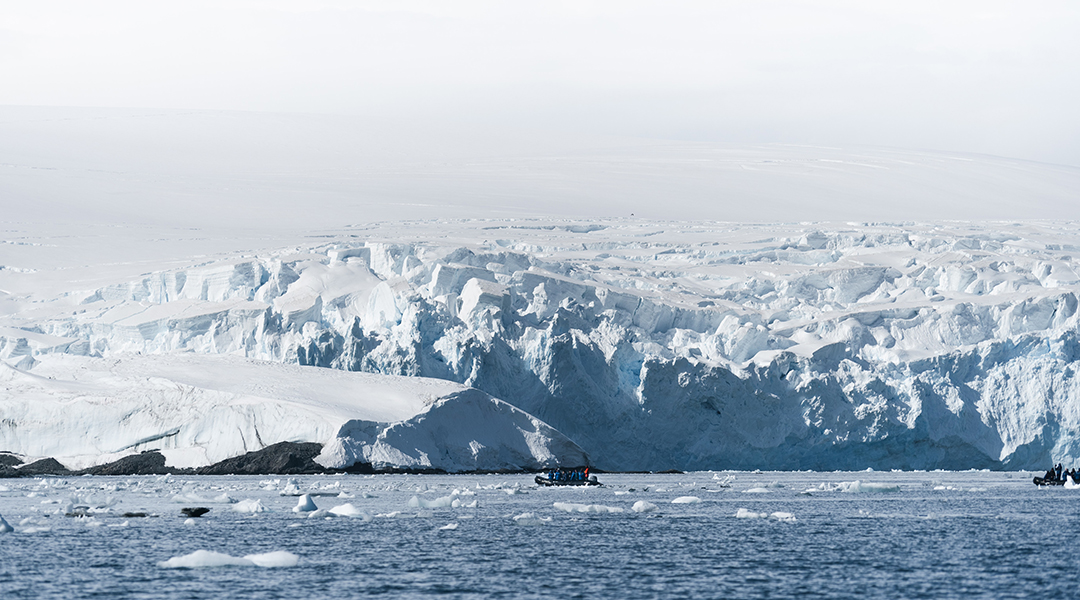Researchers at Dartmouth have developed a miniature robotic bug that has a flexible body, is easily maneuverable, and can be completely flattened without damaging its functionality.



Researchers at Dartmouth have developed a miniature robotic bug that has a flexible body, is easily maneuverable, and can be completely flattened without damaging its functionality.

The study takes advantage of a quirk of hydrothermal chemistry to suggest that the surface of Earth was likely covered by a global ocean 3.2 billion years ago.

Researchers say people’s lives are shortened by an average of nearly three years from different sources of air pollution

UNIGE researchers have succeeded in tying molecules together, thereby modifying their intrinsic mechanical properties

The importance of understanding the experimental process is ubiquitous in research. And while we have a huge range of techniques at our disposal, we should be aware of and properly consider their limitations, so that we may present reliable methods and conclusions to...

Researchers develop a composite membrane for long-lasting zinc-based flow batteries.

Smart contact lenses could revolutionize the way in which we monitor brain activity and diagnose neurological diseases.

Data shows we don’t need to be as concerned about large methane releases from large carbon reservoirs in response to future warming; we should be more concerned about methane released from human activities.

MU researchers determine a scientist’s perceived authenticity can inform trust and credibility with their audience.

Perovskites have been discovered to be a cheap alternative for Faraday rotators.